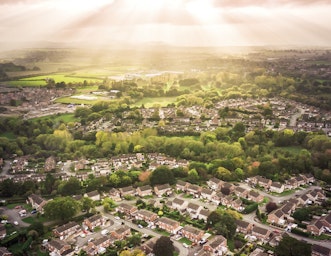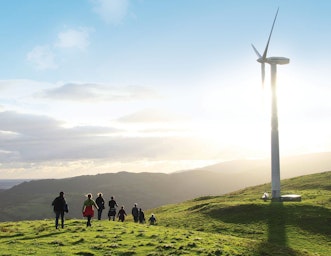
Scaling up climate action in your community
February 12, 2024Home » Scaling up climate action in your community
Does your community have a comprehensive plan to support a transition to a zero carbon Britain? Here are some tips to get you started…
Create inclusive community stakeholder processes
Climate change and ways of mitigating and adapting to it affect us all, and everyone has the right to a voice. Good community engagement can lead to better decision making, increased understanding of barriers, and more sustainable ways forward.
Detailed stakeholder mapping can help you think about who should be involved in your community group so that you can take proactive steps to ensure everyone is represented.
From the venues and speakers you choose, to the times and formats of meetings, to where and how you promote your group or initiative – think carefully about how these can help to make what you do more accessible, diverse and inclusive.
Engage other groups and networks
Building partnerships with others can accelerate progress towards your shared goals. Think strategically about skills and resources you may be lacking and areas where partnering with others could strengthen your group and increase its impact.
Teaming up with like-minded community groups could boost your resources, develop your social networks, and revitalise your efforts.
Working in coalition with local councils, businesses and charities could deliver value to all involved and increase your reach and effectiveness. It may help you secure funding, open communication with new audiences, or provide a fresh perspective from those with their own unique experiences.
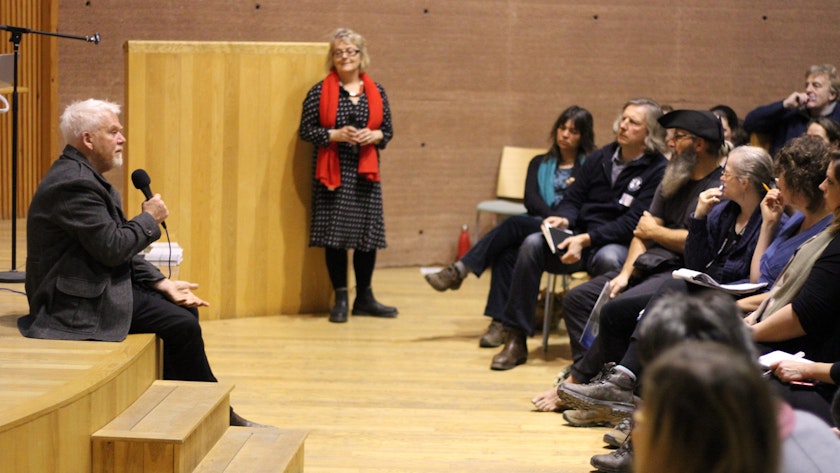
Work together to co-create a local vision
When developing a local action plan, a good place to start can be co-creating a vision for your community in five, 10 or 30 years and exploring ways of working towards it.
At CAT, we use several approaches to help groups think about the future they want (and don’t want) to see, to understand the barriers to achieving this vision, and to investigate ways to overcome them.
One example is scenario planning, where we explore long-term environmental, social, technical, cultural and political trends and imagine plausible and desirable alternative futures. This can spark the imagination and help us think about the future we want and how we can collectively work to achieve it.
We also use the Three Horizons method, which helps groups think about where they are now, where they want to get to, and the actions they can take to move towards the desired future. It’s a powerful tool for exploring action you can take as a community.
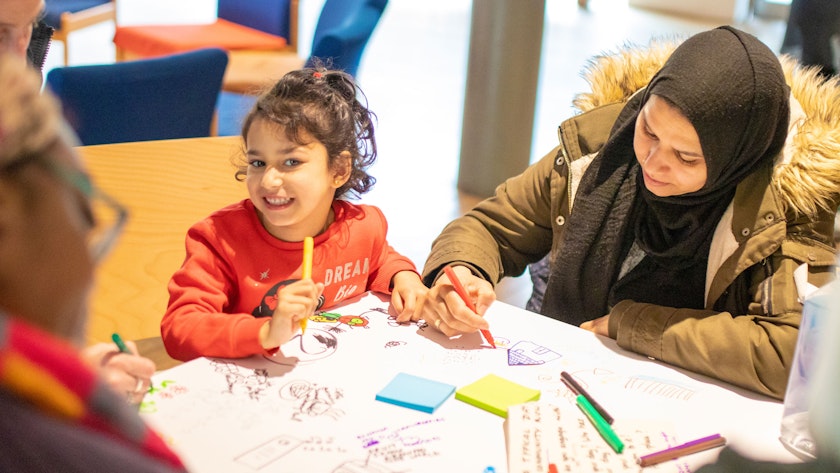
Harness community energy
Community-owned renewable energy projects have an important role to play in securing power for local people and feeding clean electricity into the grid, helping to decarbonise the UK.
There are a range of benefits for local people on top of the positive environmental impacts – lowering energy bills; creating jobs and attracting investment to boost the local economy; bringing in an income to make more local projects possible; getting people together to improve the area; and providing visible evidence that local action can make change happen.
Are there natural resources in or near your community that could be used to generate electricity, such as a river or windy hilltop? Are there public buildings, like schools or sports clubs, that could be transformed into a mini power station with the addition of rooftop solar PV panels?
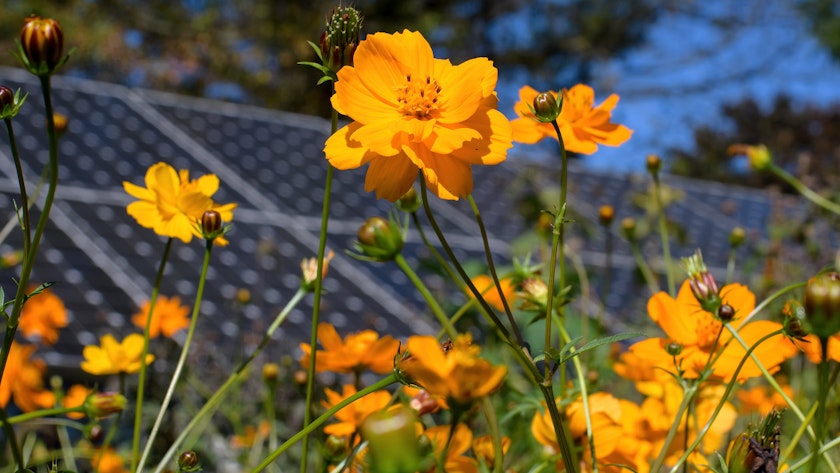
Promote community land projects for food and regeneration
Community groups across the country are successfully transforming how the land around them is used. By focusing on improving soil health, abundant community gardens are possible with minimal human intervention. This can have a significant impact on food security and biodiversity. And there are wider benefits to people’s health and wellbeing, through nurturing the natural world, spending more time outdoors, and developing new social relationships.
Look for multi-solving opportunities
Many actions to reduce emissions can deliver knock-on benefits in this way, improving health, increasing energy security, addressing fuel poverty, improving local transport, creating local green jobs, and bringing communities together.
This type of ‘multi-solving’, where a range of community issues are addressed by meeting the challenge of the climate and biodiversity crises, is crucial. By raising awareness of the co-benefits of positive environmental action, more people and organisations can be engaged and collaborated with. By considering these, we can create powerful networks across a range of interest groups.
Lead by example
Action at the community level can have a much bigger impact than individuals acting alone. By taking advantage of economies of scale and sharing skills and experience, groups of local people can make significant changes happen in their neighbourhoods.
Even small projects can be hugely worthwhile through the way they inspire and encourage others to start and develop their own initiatives. When people see that change it possible, it gives them hope that a better future for themselves and their community is possible.
Get skilled up
Whatever stage you’re at in taking climate action in your community, CAT can help you keep developing your knowledge, skills and networks.
Our new Zero Carbon Britain short course is ideal for anyone who is active in their local community and wants to understand how the UK could rise to the climate challenge.
At our Zero Carbon Britain: Live online – Scaling-up Community Action event this June, you’ll explore important topics related to the question of how communities can take the next-step on the road to a just transition and better engage with the wider transition process around them. We will draw on CAT’s own Zero Carbon Britain research, and the hard-won experience of communities around the country.
You’ll explore:
- The big picture – bringing you up to speed on the latest ever-evolving climate and biodiversity science, and related efforts to respond at the international, national and local levels.
- Zero Carbon Britain research – addressing crucial questions such as: How can we provide a reliable 100% renewable energy supply for the UK? How can we grow the food we need for a healthy, low carbon diet? How can we ensure the future we leave for generations to come is safe and sustainable?
- Creating, implementing and developing a local vision – hearing from community groups who have taken the national Zero Carbon Britain research as a model and applied it to their location.
- Engaging with the wider transition process – discussing how communities can collaborate with others at the local, regional, devolved and national level to scale-up community empowerment in the transition to zero carbon communities.
- Next-steps – planning your community’s journey to a just, regenerative, zero carbon society.
Book your place
- Zero Carbon Britain
- Policy
- News Feed
Related Topics
EMAIL SIGN UP
Keep up to date with all the latest activities, events and online resources by signing up to our emails and following us on social media. And if you'd like to get involved and support our work, we'd love to welcome you as a CAT member.
